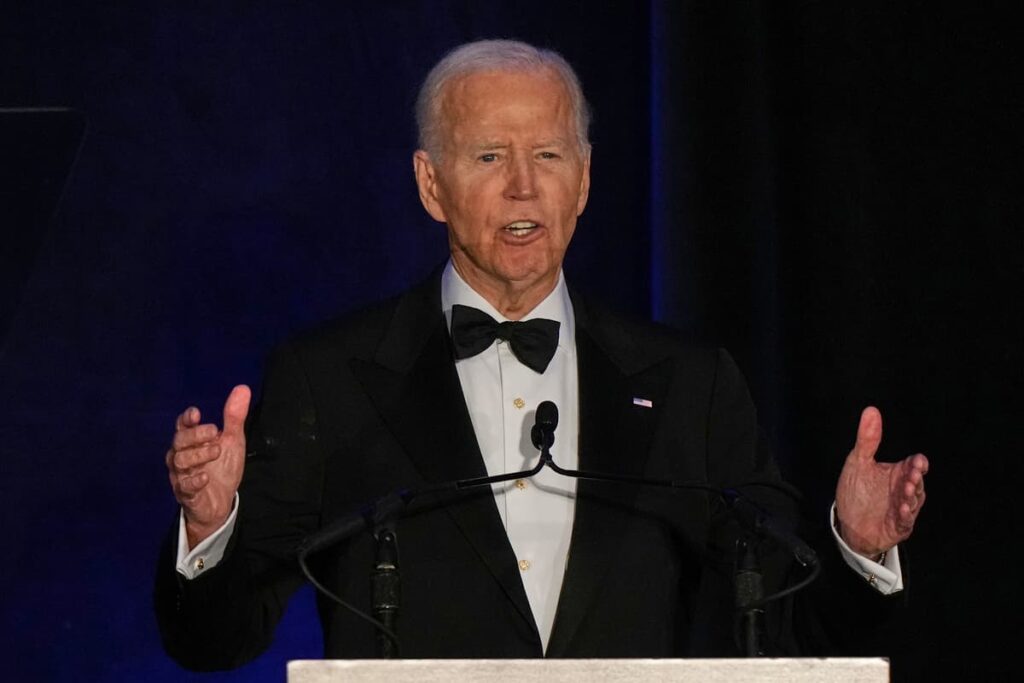
Former President Joe Biden publicly praised President Donald Trump for his contributions to achieving a ceasefire between Israel and Hamas. In a statement released on March 18, 2024, Biden expressed his gratitude for the release of 20 Israeli hostages, stating they had endured “unimaginable hell” before being reunited with their families. This commendation marked a rare moment of bipartisan acknowledgment in a deeply polarized political climate.
Biden emphasized the challenging nature of reaching this ceasefire agreement. “My Administration worked relentlessly to bring hostages home, get relief to Palestinian civilians, and end the war. I commend President Trump and his team for their work to get a renewed ceasefire deal over the finish line,” he said. His remarks reflect a significant diplomatic milestone, as hostages were released following extensive negotiations.
In the same vein, former Secretary of State Antony Blinken also recognized Trump’s efforts. He noted, “It’s good that President Trump adopted and built on the plan the Biden administration developed after months of discussion with Arab partners, Israel, and the Palestinian Authority.”
This positive tone is particularly striking given the recent heated exchanges between the two leaders. Just a day before Biden’s commendation, Trump criticized Biden in a speech delivered at the Israeli parliament, labeling him as the “worst president in American history.” Trump accused Biden of undermining potential peace efforts in the Middle East and expressed his belief that prior administrations had hindered progress.
Biden has maintained a strong pro-Israel stance throughout his political career, which many in the Jewish community and Israeli leadership appreciate. According to Aaron David Miller, a former Middle East negotiator, “Biden’s connection to Israel is deeply ingrained in his political DNA.” Despite this, Biden and Israeli Prime Minister Benjamin Netanyahu have encountered tensions during the ongoing Gaza conflict, particularly regarding military actions in Rafah.
Netanyahu’s relationship with Trump is often characterized as more favorable, with Trump providing unreserved support for Israel’s military actions against Hamas and Iran. The contrasting diplomatic styles of the two U.S. presidents highlight the complexities of international relations in the region.
Biden’s commendation of Trump may signal a willingness to collaborate on future initiatives aimed at fostering stability in the Middle East. As both leaders navigate their respective political landscapes, the potential for cooperation remains a key aspect of ongoing discussions between the U.S., Israel, and the Palestinian Authority.







